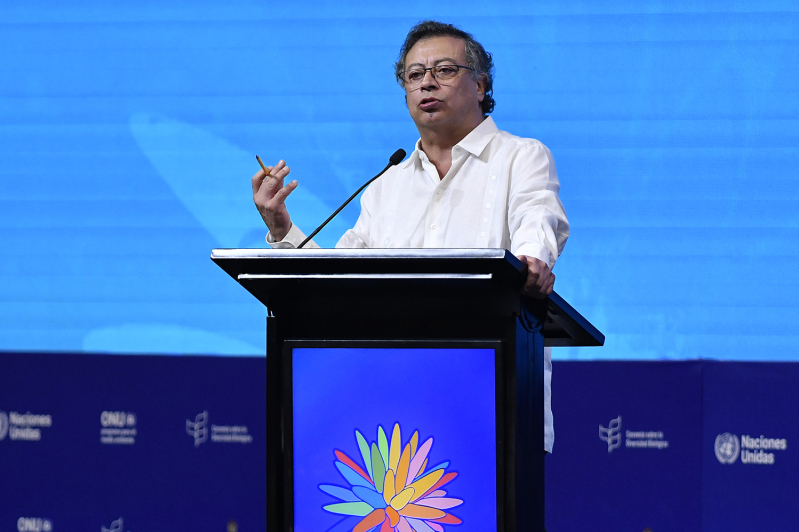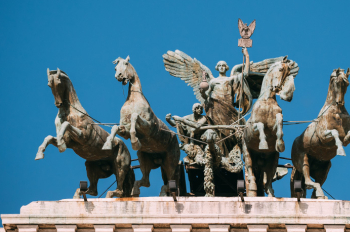
Colombian President Gustavo Petro and the Ministry of Finance are considering taxing religious denominations as part of the country’s new tax reform. The proposal, aimed at increasing tax revenues, has sparked intense debate. According to El Espectador, it is part of a broader package of reforms the government is evaluating to improve the country's economic situation.
In a statement, the Ministry of Finance explained that “the inclusion of religious denominations in the tax regime is a measure that is being carefully studied.”
The announcement has drawn mixed reactions. Some argue that churches should contribute to the treasury like any other entity, while others contend that taxation could infringe on religious freedom.
Petro defended the proposal, stating, “It is necessary that all sectors of society contribute to the development of the country.” He emphasized that the measure is not intended to harm churches but to ensure that all economic actors participate in the tax effort. “This is not about persecution, but about equity,” he said.
Religious leaders have voiced concerns over the impact on their communities. A representative of a major religious denomination noted, “Churches do important social work, and taxing them could limit their ability to help.” This perspective reflects fears that taxes could reduce resources available for charitable and community activities.
The debate has also reached Congress, where some legislators support the measure, while others strongly oppose it.
“It is a complex issue that requires deep analysis and broad consensus,” said a congressman who requested anonymity.
As the government and the Ministry of Finance continue evaluating the proposal, Colombian society remains attentive to potential changes in the new tax reform.
Originally published by Diario Cristiano, Christian Daily International's Spanish edition.





